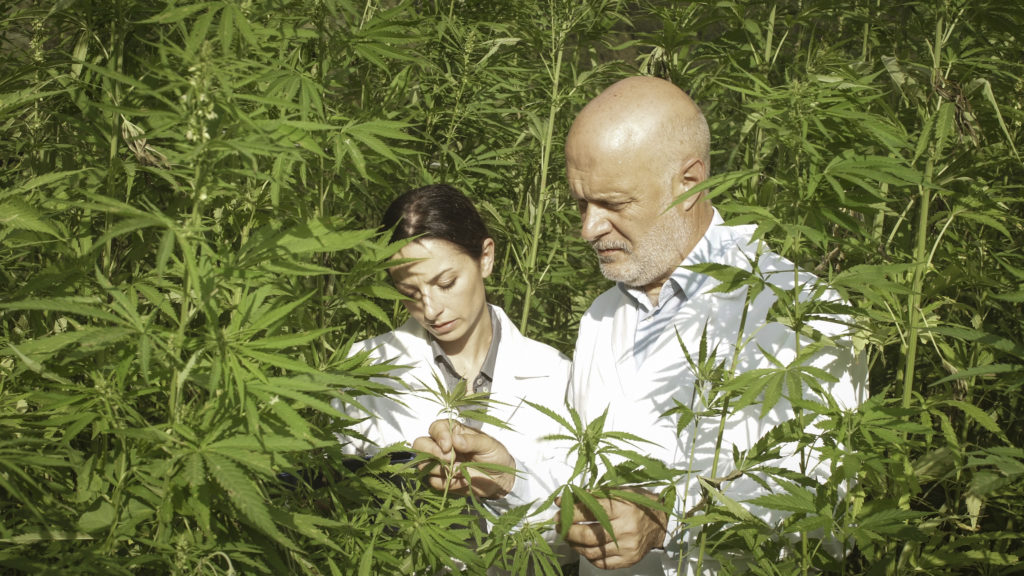Recent Posts
Archives
Categories

Cannabis is becoming an increasingly hot topic in the mainstream. While this is an exciting trend, it can also breed loads of confusion surrounding details and information on the plant. You’ve probably heard the terms cannabis, hemp, and marijuana all thrown around interchangeably. It’s easy to become confused about the distinctions. This can also lead to difficulty navigating the market if you want to try out hemp, CBD, or other cannabis products.
In reality, there are clear distinctions between cannabis, hemp, and CBD–and they can help you make more informed decisions about holistic health approaches.
To start off, note that hemp, marijuana, and cannabis are all related and the same species of plant. However, they are not the same.
Cannabis
Cannabis is the most broad term of the three. It refers to the general species of plant, whereas hemp and marijuana are the two types of cannabis. When someone says “cannabis”, they could be referring to either marijuana or hemp.
Hemp
Hemp qualifies as any cannabis with a specifically low THC content. All cannabis plants naturally contain a spectrum of cannabinoids. This includes CBD and THC, along with other cannabinoids.
In order for cannabis to be classified as hemp, it must contain less than 0.3% THC. Many hemp farmers also attempt to grow hemp with the highest CBD content possible. With CBD’s popularity amongst consumers and hemp advocates, its potential benefits garner desire for the high CBD concentration in hemp.
Marijuana
In contrast to hemp, marijuana is classified by its high THC content. This can range anywhere from natural THC levels just over 0.3% all the way up to 55%.
THC is the cannabinoid most known for its psychoactive effects and alters a person’s sobriety and mental state far more heavily than CBD. It produces the “high” associated with marijuana and sometimes cannabis in general. However, stereotypes surrounding cannabis largely come from ideas surrounding the impacts of THC. Cannabis, particularly hemp, is not an inherently intoxicating plant.
Government Regulations on Hemp and Marijuana
Discussions surrounding the legality of cannabis is another common topic, especially in the past decade. Marijuana has historically fallen subject to criminalization in the United States, and is still federally illegal. Because of its low THC content and thus, its low psychoactive potential, hemp is far less regulated than marijuana.
However, in the past few years marijuana has experienced some triumphs. It is becoming legalized in more states. In states like Oregon and California, individuals over the age of 21 can purchase marijuana with a photo ID and no other requirements. In other states, individuals can acquire medical “rec” cards to access marijuana.
However, marijuana growing and production is still far more regulated than hemp. Since much of the concern surrounding marijuana’s effects is attributed to THC, this makes other cannabinoid and hemp-derived products more accessible.
Hemp flower, CBD oil, and CBD products are available for legal purchase in all 50 states. Stipulations might vary state to state, but in general, most people regard the plant as a safer, less inhibiting alternative to marijuana.
Thanks for reading!
We hope that you enjoyed this highlight from Silver Rain. If your interested in learning more, our blog has dozens of informative articles on hemp, including its legality, uses, effects, and more. Feel free to check it out!
*Disclaimer: These statements have not been evaluated by the Food and Drug Administration. This product is not intended to diagnose, treat, cure or prevent any disease.

